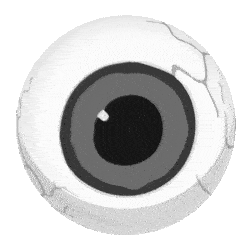Low emission digital design
- Minimizing the environmental footprint of data

Overview
Imagine a website so eco-friendly that its environmental footprint is as negligible as an innocent, quiet fart. That was precisely my project – a digital equivalent of Captain Planet in the world of web design. But as usual, reality likes to complicate even the most ambitious plans.
Main objectives
❋ Designing websites with low-emission principles
❋ Educating clients about sustainable digital design
❋ Analyzing the digital rebound effect in the context of energy efficiency
❋ Implementing an inclusive design system, accessible on older devices
❋ Testing websites on devices from various technological eras
Effects and conclusions
❋ Increasing client awareness about the impact of digital projects on the environment
❋ Identifying challenges related to balancing efficiency and usability
❋ Discovering that “eco” actions in the digital industry often have a purely image-oriented character
❋ Realizing that energy savings can be nullified by increased usage
❋ Finding satisfaction in testing websites on older devices (and discovering it’s not so easy!)
Main reflection
This project was a fascinating journey through the intricacies of sustainable development in the digital world.
I realized that being truly “eco” on the internet is not just about optimizing code or using energy-efficient servers. It’s a complex issue requiring a holistic approach and constant balancing between efficiency, accessibility, and real environmental impact.
I learned that sometimes seemingly ecological solutions can bring unexpected consequences, and real change requires a deeper rethinking of our approach to technology and its role in our lives.
This lesson goes far beyond the world of web design and prompts me to constantly question the status quo in search of truly regenerative solutions.